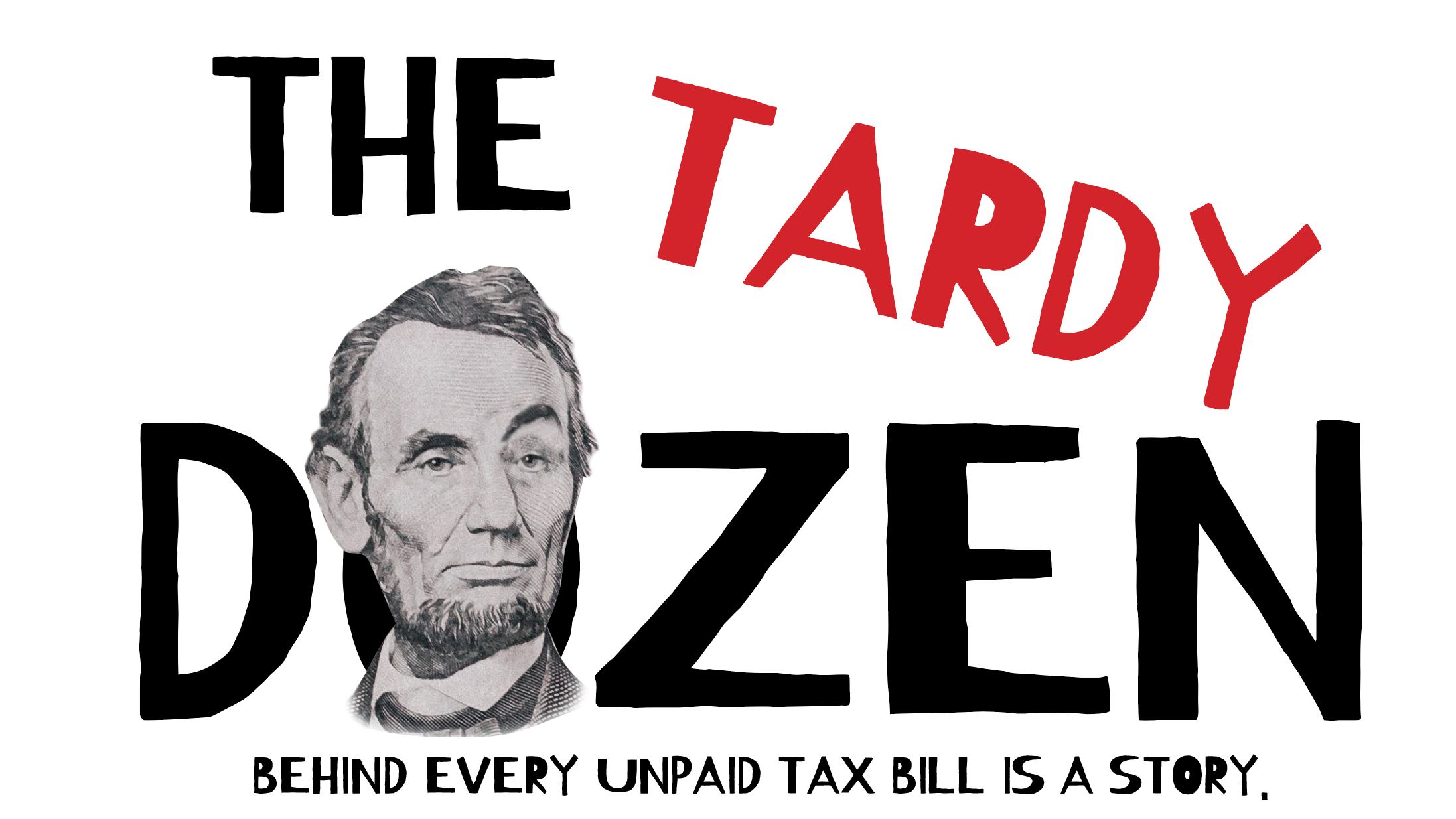It’s a list nobody should want to be on.
On July 14, the Oregon Department of Revenue released a list of delinquent taxpayers, naming any individual or corporation who owed more than $50,000 in back taxes to the state.
Some of the delinquents are companies, but most are individuals. That may not be surprising: Oregon is more dependent on personal income taxes than just about any state, according to the Legislative Revenue Office—in 2021, personal income tax constituted 86% of the state’s annual general fund budget, which is now about $16 billion a year, not including Oregon Lottery funds.
In fact, Oregon has the fifth-highest top personal income tax rate in the country (9.9%) after California, Hawaii, New York and New Jersey. (Unlike those states, we have no broadly based sales tax.)
And when it comes to income taxes, Oregon has long struggled to collect from debtors.
“This is our sixth collections-related audit since 1997,” state auditors wrote back in September 2015. “Significant improvements identified in those audits have not been implemented, some dating back 18 years.”
For years, state Sen. Betsy Johnson (D-Scappoose) subjected Department of Revenue officials to regular grillings in budget hearings.
In 2019, Johnson, then co-chair of the budget-writing Joint Ways and Means Committee, introduced Senate Bill 523, which would publish the names of taxpayers who owed the state more than $50,000.
“It was surprisingly hard to get passed,” Johnson says. “The big argument against it was that it would shame people. I thought it was an accountability bill.”
“It’s a civic obligation to pay your taxes,” Johnson added in a recent interview. “And it’s only fair when you consider all the car mechanics and waitresses who are paying a larger percentage of their income in taxes than people like Mark Hemstreet.” (See below for Hemstreet’s story.)
Johnson says Brent Walth, previously a managing editor for news at WW and now a professor of journalism at the University of Oregon, pushed her to do something about the Department of Revenue’s failure to provide public information about delinquents. “Walth was relentless,” Johnson says.
Finally, after four years, DOR has released the list. It did so after giving notice to anybody affected, offering them a chance to pay up or agree to a payment plan. That followed a lengthy process that gives delinquents numerous chances to pay or dispute their bills.
When tax returns aren’t filed, the DOR bills for taxes owed based on the “best information available.” A number of the top delinquents WW profiles below claim that the agency’s practice means they owe less than what appears on the published list.
DOR spokesman Rudy Owens says about 97% of Oregonians pay their taxes on time. But for those who haven’t, the threat of appearing on the list of delinquents resulted in the payment of $6 million immediately and $27 million in payment plans. Those on the list DOR published owe a total of $202 million.
The number doesn’t include property taxes, which are collected by counties and were examined by WW in an earlier story (“Chasing Ghosts: Property Tax Debts,” Feb. 15), or federal taxes.
Over the past two weeks, WW took a closer look at the people who racked up monster tax bills. We found a few semi-famous names—including a very popular barbecue pitmaster—a lot of failed weed startups, and a few mysteries.
The stories of business implosions and ill-fated scams are undeniably salacious. But there’s a real—and substantial—social cost when your neighbors don’t pay their taxes.
Only one person testified in favor of Johnson’s bill back in 2019: Maureen Barnhart, a constituent of Johnson’s who had recently retired from teaching. She pointed out that income taxes are the largest source of school funding in Oregon and the people who fail to pay their taxes have a direct impact on class size and student achievement.
“This bill is about people who don’t pay their fair share,” Barnhart says. “I was absolutely outraged about that then—and I still am.”
What follows are the 10 highest-owing individuals and companies on the Department of Revenue list with Portland addresses.
Update: On Aug. 11, the Department of Revenue informed WW that the numbers the agency provided in July about the revenue generated by the delinquent taxpayer list were incorrect. Instead of payments of $6 million, the DOR received $4 million (some payments were double-counted). The payment plans prompted by the delinquency list will also bring in less than the DOR originally announced—about $18 million, rather than $27 million—because some taxpayers have failed to adhere to their plans.
Sophie Peel, Lucas Manfield, Nigel Jaquiss and Anthony Effinger reported this story.
Portland’s 12 Biggest Tax Debts

